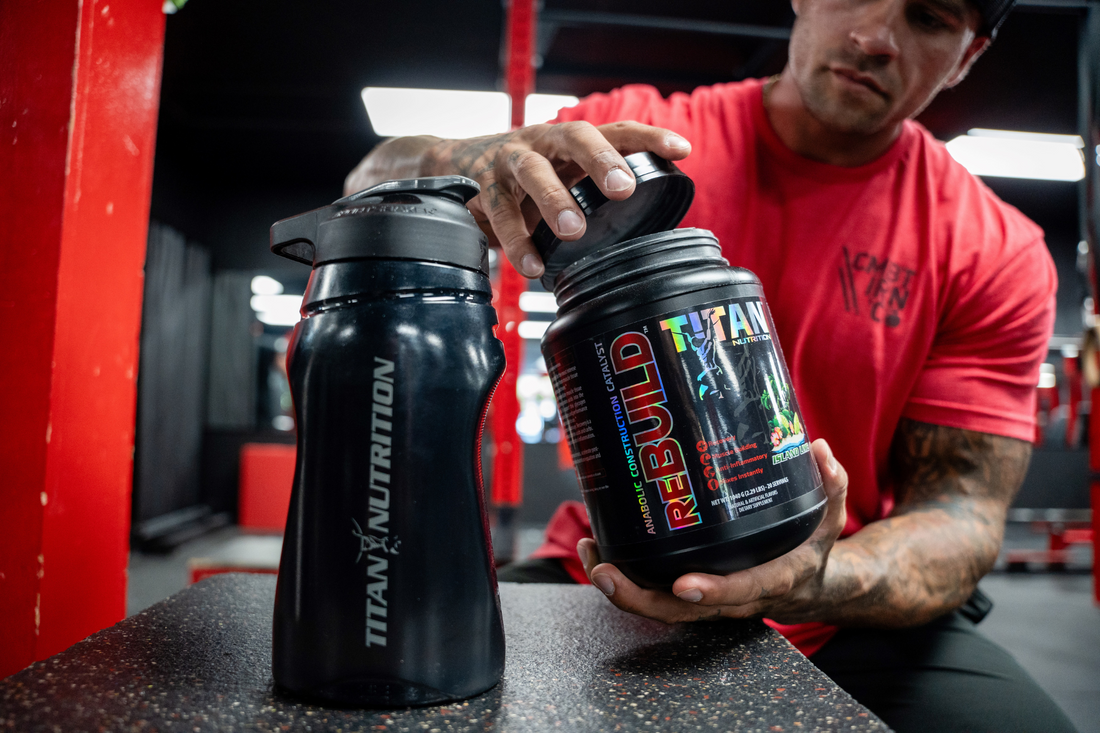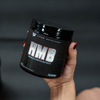While the protein shake has held the title of the go-to post-workout choice for decades, emerging studies suggest there might be more to the story than we thought.
When you engage in strenuous physical activity, your body experiences intense stress and microscopic muscle tears. To aid recovery and minimize soreness, your body needs to replenish the nutrients lost during your workout, shifting your body into an anabolic state which promotes muscle growth and prevents insulin resistance.
Protein is undeniably important for muscle growth, consisting of essential amino acids vital for muscle cell repair and growth. However, recent research indicates the timing of protein intake may be less critical than previously believed.
A study from 2000 found no significant difference in workout performance when protein was consumed either before or after exercise. Instead, it was proposed that the key factor lies in maintaining a consistent daily intake of protein and amino acids. By ensuring a steady supply of these essential components, our cells can function optimally during intense physical activities.
On the other hand, essential amino acids, particularly Leucine, have shown remarkable potential for enhancing muscle protein synthesis when consumed after your workout.
In a 2007 study, participants who consumed a combination of Essential Amino Acids (EAAs) and carbohydrates within an hour post-training experienced a staggering 100% increase in muscle protein synthesis. Leucine, in particular, was noted for its role in enhancing mTOR signaling, a critical pathway for muscle growth.
While exercise alone increases muscle protein synthesis, it also elevates muscle protein breakdown, resulting in a negative muscle protein balance post-workout. However, research shows consuming amino acids after resistance training can shift this balance to a positive, anabolic state.
In a study, participants who consumed 6 grams of amino acids along with 35 grams of carbohydrates showed significantly enhanced mTOR signaling and increased muscle protein synthesis. This combination of amino acids, to increase amino acid availability, and carbohydrates, to stimulate insulin release, can create an ideal environment for muscle growth.
While the protein shake remains a valuable component of post-workout nutrition, the timing of protein consumption may not be as critical as once thought.The key is to ensure a consistent intake of protein and essential amino acids throughout the day to support muscle recovery and growth.
Titan’s ReBuild™ is the most complete post-workout formula ever designed. ReBuild offers a generous 8 grams of free-form essential amino acids for immediate muscle tissue repair, and a Glycolytic Transport complex composed of Dextrose and Cluster Dextrin to replenish glycogen stores and efficiently deliver nutrients to muscle cells. To enhance these benefits, we've included natural Banaba and Fenugreek, ingredients that mimic insulin's action, for improved nutrient transport and increased insulin sensitivity.
We've thoughtfully included 3.5g of your daily Creatine and 5g of Glutamine in ReBuild™, enhancing not only your strength but also facilitating efficient muscle repair. Rebuild also contains a powerful Antioxidant Protection Complex to combat free radical damage and inflammation, along with an essential Electrolyte Complex to replenish nutrients lost through sweat. Enjoy the delicious taste of ReBuild™ intra-workout to sustain energy and enhance endurance as you power through your training session, or consume with 10-16 oz immediately post-workout.
You will still want to consume a high protein meal after consuming ReBuild™, typically within 1-2 hours after consuming for efficient use of protein towards muscle tissue repair.
Esmarck, Birgitte, et al. "Timing of postexercise protein intake is important for muscle hypertrophy with resistance training in elderly humans." The Journal of physiology 535.1 (2001): 301-311.
Dreyer, Hans C., et al. "Leucine-enriched essential amino acid and carbohydrate ingestion following resistance exercise enhances mTOR signaling and protein synthesis in human muscle." American Journal of Physiology-Endocrinology And Metabolism 294.2 (2008): E392-E400.
Biolo, Gianni, et al. "An abundant supply of amino acids enhances the metabolic effect of exercise on muscle protein." American Journal of Physiology-Endocrinology and Metabolism 273.1 (1997): E122-E129.
van Hall, G et al. “Muscle glycogen resynthesis during recovery from cycle exercise: no effect of additional protein ingestion.” Journal of applied physiology (Bethesda, Md. : 1985) vol. 88,5 (2000): 1631-6. doi:10.1152/jappl.2000.88.5.1631
 Log in
Log in






